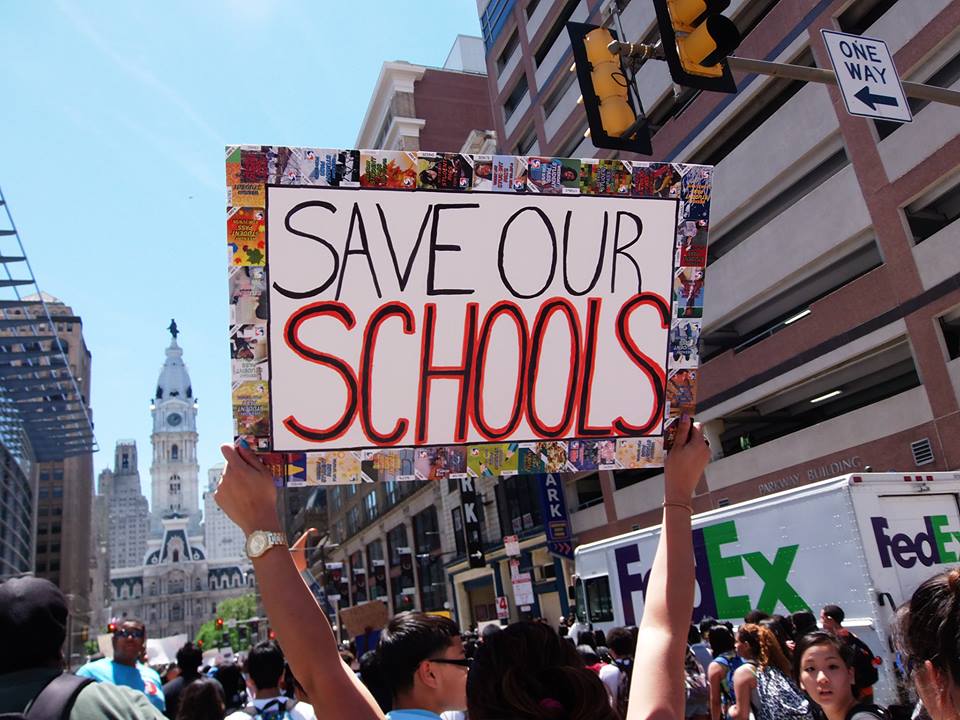Spring Colloquium: “Saving the School: The Moral Economy of Educational Work in Crisis”
Event

Please join us for the 2015 Urban Studies Graduate Student-Faculty Colloquium Series, in the Urban Studies Office: 130 McNeil Building, 3718 Locust Walk. The series provides an opportunity for graduate students who are affiliated with the Urban Studies Certificate program to come together and share their work, and get feedback from a discussant who represents a different discipline from their own. Breakfast included!
Author: Julie McWilliams, PhD candidate in the Graduate School of Education
Discussant: Elaine Simon, Co-Director of the Urban Studies Program
Abstract: Philadelphia’s AY 2013-2014 “doomsday” district budget crisis precipitated the mass
closure of 24 neighborhoods schools, the laying off of thousands teachers and support staff, and the truncation of supply budgets by 90 percent (Gabriel 2013). Neighborhood schools across the city currently face the expansion of charter school networks and the simultaneous threat of closure if ‘data-driven’ metrics used to evaluate their schools’ performance and quality mark them as ‘failing’. These dilemmas results from larger trends in American urban educational reform in the
last ten years that have mapped market-based logics onto urban public schooling systems, placing the onus on public schools to raise achievement with increasingly unavailable means from the state (Lipman 2011). This dissertation chapter analyzes field and interview data from an ethnographic project in a diverse neighborhood school in Philadelphia, Johnson High, which has consistently landed on the “school closures list”, a document released annually that recommends schools for shuttering. In recent years this particular high school has also welcomed burgeoning populations of new refugees, and undocumented Central American immigrants as they join second-generation Southeast Asian and African-American youth in their classrooms. Running parallel to increased and differentiated needs among the student body, the school has endured dramatic reductions in staff, counseling, and support services as a result of the draconian budget cuts.
Applying Downey’s (2007) notion of the “moral economy” of educational work, this
chapter engages the fraught responses of 40 educators to the pressures of both the budget crisis and also the push toward the privatization of urban district schools. This notion illuminates the kinds of strategies they are employing to keep the school afloat and the ethical predicaments these educators confront as they navigate punitive testing mandates, the de-professionalization of their
positions, and meeting the growing academic and personal needs of low-income immigrants and native-born students of color without adequate resources. The demographics of this neighborhood high school offer a rich context to explore how teachers and administrators make sense of their mission to educate amidst a precarious landscape of urban school reform and the problematic of meeting complex needs of this city's youth without political and material support from the state.
